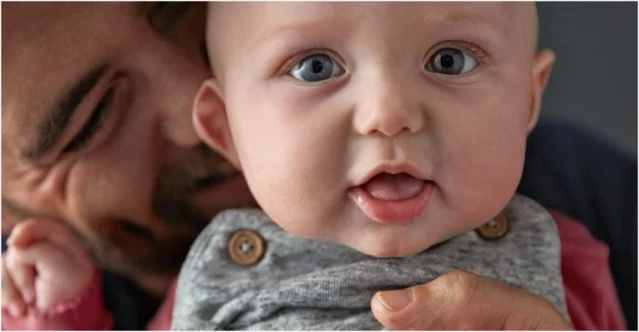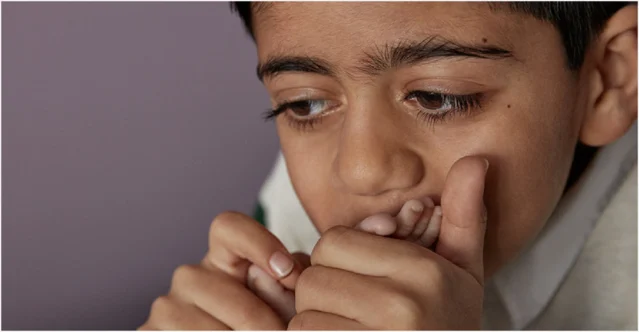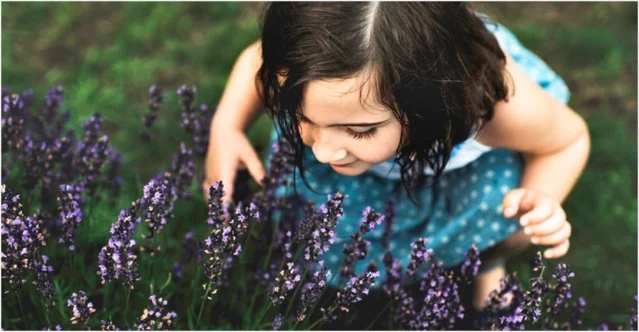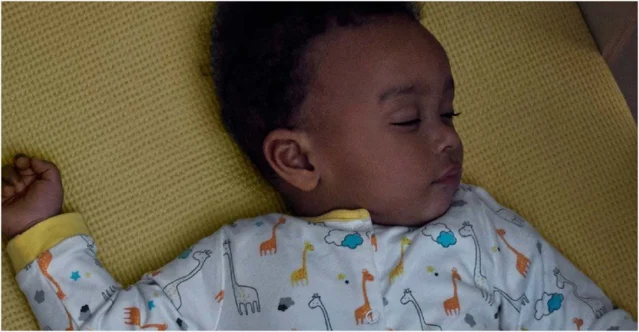Researched-Based Baby Care
We’re committed to delivering the best for babies. For decades, we’ve pioneered research to further understand the unique needs of baby’s eyes, skin and hair. This science is behind every one of our gentle and mild products, which meet or exceed industry and regulatory standards.
Did you know?
Over 90% of all industry-led baby skin care research comes from Johnson’s®.
Here's some of our baby care research:

Sight
Babies’ eyes continue to develop after birth, making sight the last sense to fully develop.
Eye contact is critical for social development.
Newborns can only focus their eyes at 8 to 12 inches (the distance to your face when you’re cradling or feeding).
Babies blink 2 to 5 times per minute, so their eyes are more vulnerable to irritation.

Touch
Physical contact is a baby’s first emotional bond, and is key for emotional and intellectual development.
Skin is the first line of defense against toxins, irritants, and allergens.
Babies’ skin is up to 30% thinner and more sensitive than adults.
Hydration is key for strong baby skin.

Scent
Babies are able to smell before they’re born,
Enjoyable and familiar scents improve mood, calmness, and alertness.
Mother’s scent can stop baby from crying.
In a study, babies bathed with a fragrance bath product engaged 30% more with their mothers after bath, compared to babies bathed in a non-fragrance bath.

Sleep
Studies indicate that 20-30% of babies experience sleep problems.
Most parents (76% in one report) express a desire to change some aspect of their baby’s sleep.
We partnered with Dr. Jodi Mindell, a leading pediatric sleep expert from Saint Joseph’s University and the Children’s Hospital of Philadelphia, to develop our 3-Step Bedtime® Routine